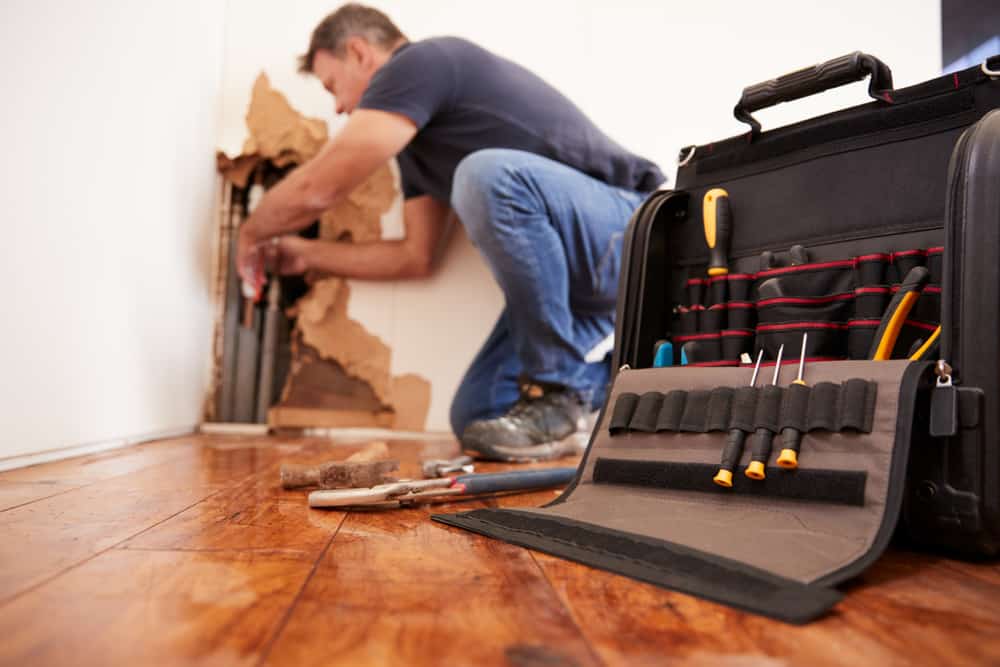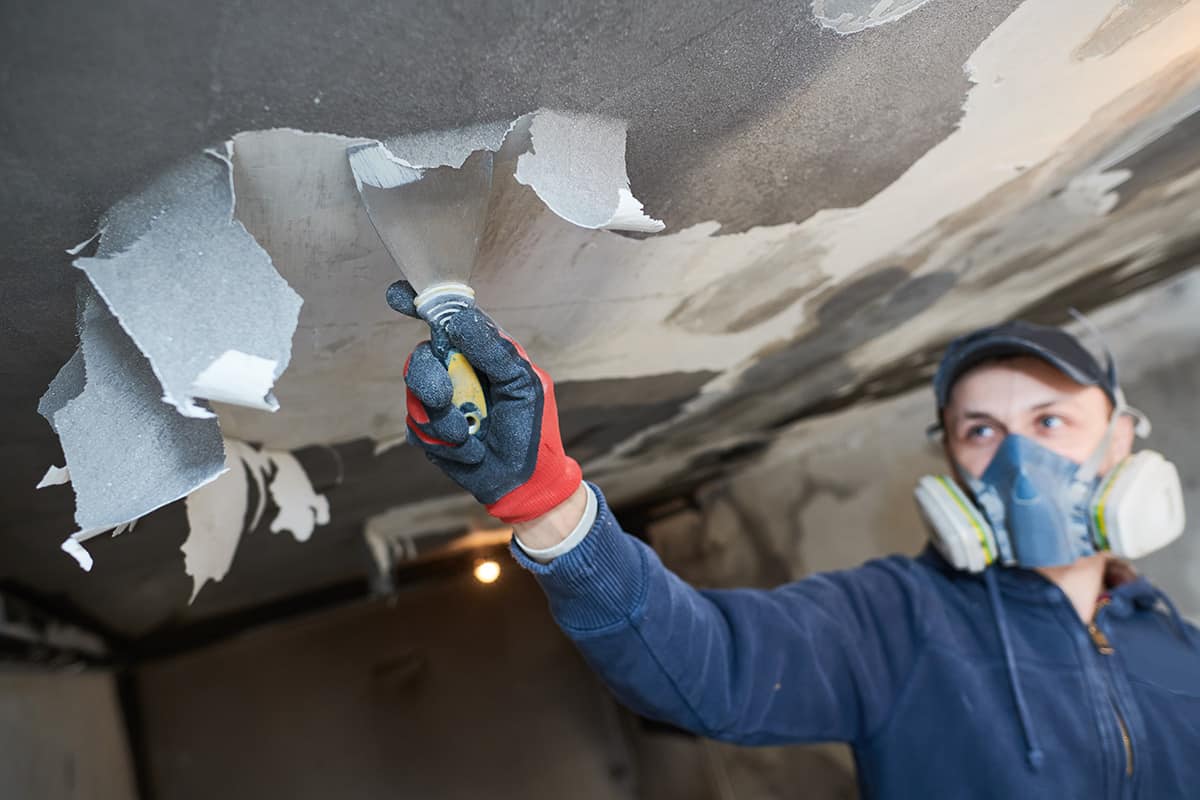How to Prevent Water Damage
In the past, we’ve talked a lot about what to do when disaster strikes and how we can help. We’ve covered water damage repair so you can be well-informed about possible water damage. But we also know that being prepared is half the battle. Instead of talking about things you can do after water damage affects your home, we wanted to take some time to give you some tips on how to prevent water damage in the first place. Where you live may not be prone to environmental floods, but homes and properties flood from broken pipes all the time (one in fifty homes and properties per year). In this article, we’ll talk about what you can do to prevent water damage from ruining your home or property. At 1-800 Water Damage of Western Colorado, we’re dedicated to helping you find peace of mind. That means showing you how to prepare before disaster strikes.
Disconnect Your Hoses and Clean Your Gutters
One of the best ways to prevent water damage in your home is to make sure you disconnect your hoses whenever you’re done using them. This is especially important in Western Colorado, since winters get so cold. If you leave standing water in your hose, that water can freeze. If it does, it can cause an ice block that will cut off your water supply… That’s if you’re lucky. If you’re not so lucky, the ice can actually bust your pipes. What might seem like an outdoor issue suddenly becomes an indoor one as a busted pipe can mean water damage to your floors, walls, and even to the foundations of your home. It can cause serious structural damage – something no one ever wants to deal with. That’s a lot of potential risk you can avoid by doing something as simple as disconnecting your hose when you’re done with it for the season.
During Fall months, it’s also important to make sure your gutters are clean. Your gutters are key to making sure that water on your roof drains away from your house. They prevent standing water from damaging your home. If you don’t clean your gutters at least twice a year, they can get blocked. Sometimes leaves can clog your gutters. Other times, especially in the winter, ice or snow can block your gutters. When leaves or ice block your gutters, the standing water can damage your roof and even the gutters themselves. Cleaning your gutters is key to avoiding water damage on your roof and in your home. You should also make sure that your downspouts are clear, and point them away from your house so that you’re not draining water from your gutters into your home. It’s an easy way to protect yourself from water damage.
Checking Your Appliances and Water Bill for Signs of Water Damage
You should also be checking your appliances regularly and fixing them as needed. If your dishwasher, fridge, or washing machine is leaking, it’s a bad sign. If you don’t know how to fix it yourself, you should call a professional. Broken and leaking appliances can cause serious water damage to your floors and walls, and it can even encourage mold growth. More than that, it can cause structural damage to your home. That’s one reason why it’s a good idea to regularly check your faucets. People often forget about the faucets in their cabinets because they also use them for storage space. But if there’s a leak, those cabinets can encourage mold growth and damage both the cabinet and your wall, not to mention all the things you’ve stored inside.
One good way to monitor whether or not you have a leak in your home is to keep an eye on your monthly water bill. If your bill suddenly gets a lot more expensive than previous months and you’re not sure why, there’s a good chance that there’s a leak somewhere in your home. Even if an appliance is just dripping, that dripping 24/7 can cause serious damage to your home and to your wallet. Checking your water bill won’t tell you exactly where the problem is, but it can help you figure out whether you have a leak in the first place. If you suspect that there’s a leak in your home, make sure to check everywhere — even, and especially, the crawlspace! You never know where a leak might have sprung that could be causing water damage to your home.
Preventing Water Damage While You’re Away
If you’re going to be away from home for a while there are a few things you should consider doing to prevent water damage while you’re gone. One thing you can do is shut off your water lines or turn off your sprinkler systems. If your sprinkler doesn’t need to run while you’re gone, it’s probably safer to shut it off. Too many people have come home from vacation just to find that their sprinkler systems have ruined their homes. If a lot of rain saturates the ground, your sprinkler system can add more water than the ground can absorb. Sometimes, that water goes directly into your home. To prevent water damage while you’re away, you can also ask a neighbor or a friend to check in periodically. Just having someone there can mean the difference between disaster and peace of mind.
We feel that one of the best ways of dealing with disaster is to keep it from happening in the first place. We know it’s not always possible to prevent a disaster. Homes and properties can flood and experience water damage no matter where you live. And sometimes your house can flood even when you have taken steps to prepare for it. That’s where we come in. We know what we’re doing because we deal with water damage all the time – it’s our business. We have the experience needed to restore your home to its pre-disaster state. It’s truly our hope that these tips will help you prevent water damage from ever occurring — more than anything else, we want to make sure you can live without worrying about disasters.
Learn more about Western Colorado’s water damage restoration services here.



